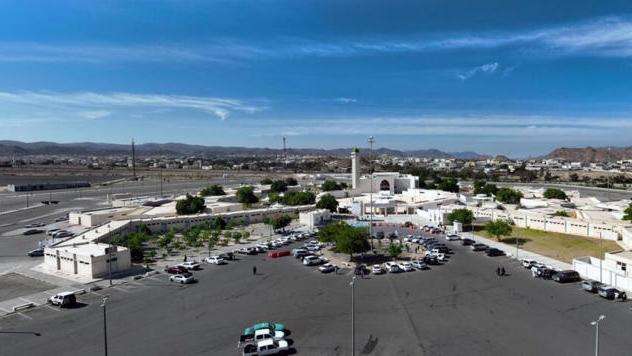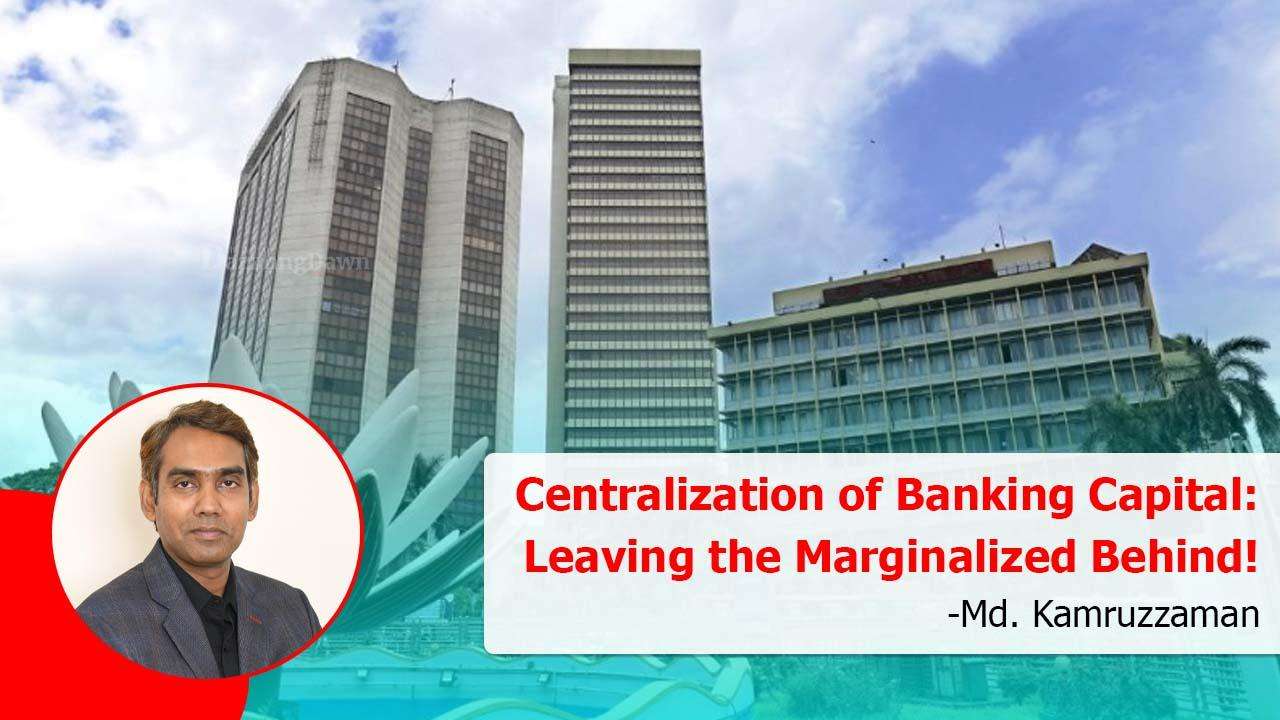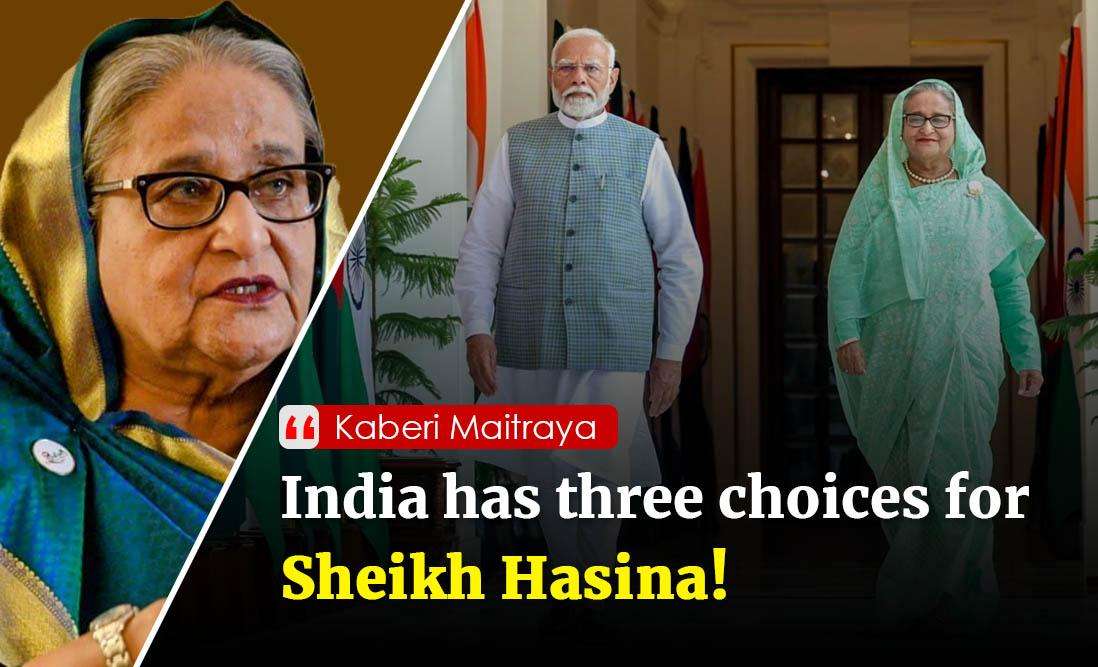Introduction
Bangladesh's financial sector has recently undergone significant changes. Amid shifting political dynamics, at least 10 banks are currently in the 'red zone.' The Bangladesh Bank is taking steps to reform the financial sector, which is crucial for the country's economic development. However, the real question is whether we are focusing on financial inclusion or simply handing over economic power to a privileged few, benefiting from concentrated banking capital.
The evolution of capitalism in Bangladesh has often come at the expense of the people, with increasing dominance of a merchant class influencing both politics and business. As a result, politics and commerce have become intertwined, exacerbating the plight of the middle and lower classes. The growth of capital, in collaboration with the state, has been more about protecting the interests of the elite rather than addressing the needs of the masses.
Take, for example, the struggles of an unemployed youth aspiring to become an entrepreneur, only to have their dreams shattered due to a lack of capital. Similarly, a genuine farmer may never benefit from agricultural loans. The fruits of concentrated capital seldom reach the marginalized.
The Need for Financial Reform
While financial sector reform is crucial, it’s time to consider whether this process can also shift the ownership structure of banks. Notably, almost all major financial scandals, including the infamous Hallmark and Bismillah Group loan scams, have occurred in urban areas, leaving rural communities without access to essential loans and financial services.
As a journalist who has traveled across rural areas, I have witnessed firsthand how concentrated capital fails to reach the grassroots. The financial system in our country seems designed to serve a select few, excluding those who truly need support.
Political Context and Banking Sector Corruption
Over the last 15 years, with the same political party in power, many development projects have faced allegations of irregularities, often benefiting specific interest groups over the public. This is particularly evident in the granting of licenses for new banks, where influential corporate and political figures dominate. One stark example is the nine troubled banks under the control of the S. Alam Group, which highlights the entrenched issues in the sector.
This type of cronyism has left the marginalized further behind, with urban-centric development and banking services benefiting only a few. This system does little to promote the growth of rural economies, where financial inclusion is desperately needed.
Dominance of Corporate Groups
As mentioned earlier, ownership of Bangladesh’s banking sector has been concentrated in the hands of a few powerful corporate groups such as S. Alam and Beximco. Despite this, many of these groups have been involved in large-scale loan defaults, further entrenching financial inequality in the country.
Urban vs. Rural Disparities
Economic development in Bangladesh has largely centered around major cities like Dhaka and Chittagong, while rural areas suffer from a lack of access to banking services and capital. This imbalance stifles rural economies and makes it difficult for small entrepreneurs to sustain their businesses. To invigorate rural development, we need to ensure that capital flows back into these areas rather than being siphoned off to cities. Though every year’s budget includes plans to stimulate the rural economy, the reality often falls short.
Even though Bangladesh has over 5,000 unions, many of these areas lack bank branches. Financial inclusion, therefore, has not reached the desired level. While mobile and agent banking services have expanded, they do not effectively substitute for the full range of banking services needed for true financial inclusion or industrial growth.
Challenges for Small Entrepreneurs
While large corporate groups have easy access to loans, small entrepreneurs face administrative hurdles that make it nearly impossible to secure capital. They are often required to provide extensive documentation and collateral, which many cannot afford. As a result, financial inclusion remains more of a buzzword than a reality. Small and medium enterprises (SMEs), which play a critical role in employment generation and poverty alleviation, continue to struggle with capital access.
Natural Disasters and Economic Challenges
Bangladesh is prone to natural disasters like floods and cyclones, which severely disrupt the lives of thousands. In such situations, access to banking services and capital is even more crucial for marginalized communities. Yet, the current financial system does not cater adequately to these needs, further hindering the country's overall development.
State of Marginalized Populations
Small farmers and entrepreneurs are often left without access to institutional loans and turn to private lenders, becoming trapped in a cycle of debt. Although agriculture is the backbone of our economy, farmers remain deprived of capital and banking facilities. Rural entrepreneurs face similar challenges. A significant portion of the poor still relies on microfinance from NGOs and private institutions, as commercial banks reduce their presence in rural areas.
Structural Reform of the Banking Sector
To tackle the financial challenges facing marginalized communities, structural reforms in the banking sector are essential. Capital should not be concentrated in urban areas but spread to rural and peripheral regions. The government and Bangladesh Bank need to develop policies that require banks to allocate a significant portion of their capital to rural areas. Alongside expanding banking services in these regions, easier access to loans for small and marginalized entrepreneurs is imperative.
Conclusion: A Path to Inclusive Development
The centralization of banking capital in Bangladesh is a major obstacle to inclusive development. It benefits powerful groups while excluding small businesses, farmers, and marginalized populations. If we truly aim for inclusive development, we must ensure that capital flows to all segments of society. Decentralizing capital in the banking sector is not only necessary to reduce economic inequality but also vital for the overall development of the country.
________________________________________
Author: Md. Kamruzzaman is a seasoned TV journalist specializing in business and economic affairs.



_7.jpg)




.svg)

